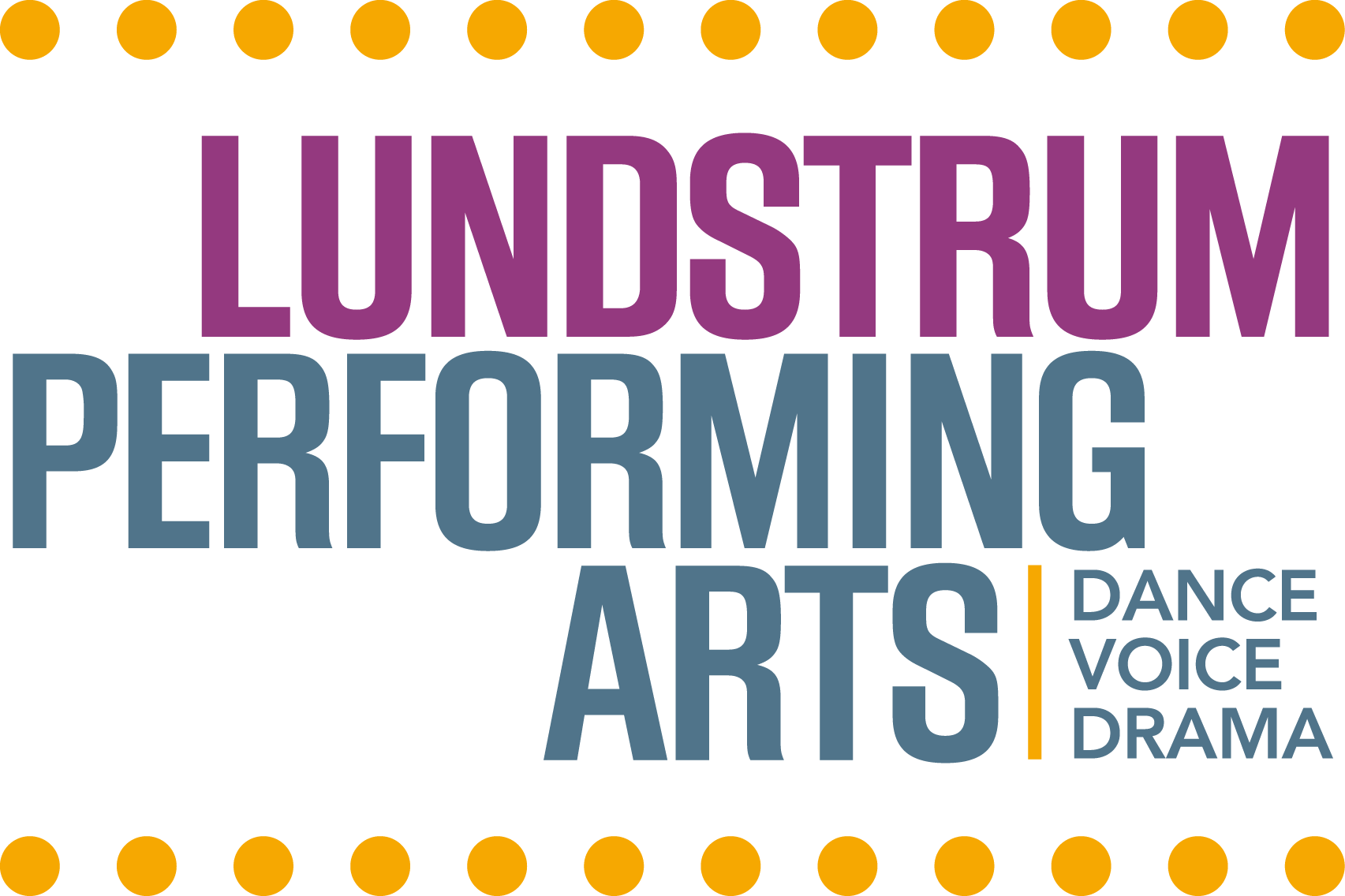Advice for College Students - Forget the Backup Plan
Forget the Backup Plan.
This may sound like unexpected advice for college hopefuls, but a top arts leader encourages young people to consider this idea in order to fully engage and commit to their learning and future career.
Lundstrum Performing Arts recently hosted a workshop led by Joe Price, Program Director of the prestigious University of Minnesota/Guthrie Theater BFA Actor Training Program. Price shared his considerable knowledge of the college audition process with Lundstrum students and other young performing artists interested in pursuing theater/musical theater in college. The workshop was titled “So You Want to Be a Theater Major” and was directed at high school students exploring post-secondary programs that match their career goals and skills.
Joe Price: Program Director U of M/Guthrie Theater B.F.A. Actor Training Program
In traveling around the country, offering audition prep and college transition tips to students, Price is often asked, “Is a double major a good idea? I’m considering a backup plan, in case acting doesn’t pan out.”
His answer is simple: forget the backup plan! If acting is your dream, then engage and fully commit. The same holds true for voice, dance and musical theater. Tell yourself, ‘This is what I want to do,’ and bring that attitude to your college interviews and auditions. While Price understands the logic of a backup plan (for parents) he believes it can send a mixed message to prospective colleges as well as undermine a student's learning experience. In the arts especially, commitment is vital. Students need to to be all in.
Why Study the Arts?
Students pursuing performing arts in college will hone their technical skills but they will also learn crucial life skills like: creative problem solving, collaboration, discipline, persistence and the ability to adapt/improvise. Why is this so important? Price cited a study from Harvard University which documented that many Harvard business school graduates are poorly prepared for the 21st-century business culture because they are unable to adapt to the constantly changing situations. Many business leaders believe the MFA (Masters in Fine Arts) is the new MBA (Master’s in Business Administration), developing creative and flexible thinkers who are nimble problem solvers and collaborators.
How to Ace the Audition.
Before you can study the arts, you need to be admitted to a college that's the right fit for you. Here, Price stressed the importance of audition preparation. Most notably, auditions today still require attention to fundamentals. For monologues, you need to know the answer to three basic but important questions about your character: Why are you here? Who are you talking to? What do you want? At minimum you must be able to communicate these three things.
That’s why Price recommends using a monologue from an existing play, rather than a one-off or book of monologues. He recommends reading the entire play through once (twice is even better) in order to absorb the full context for your monologue. This enables an actor to better understand the conflict and find the truth - who you are, why you are here, who you are talking to, and the bigger question: what do you want?
The workshop involved a general overview of the college admissions process, as well as individual coaching for several students who prepared monologues for a mock audition. Price gave specific comments to each of the students based on the above themes.
Lundstrum Performing Arts’ programs focus on the three central areas of musical theater: acting, singing and dancing. And that’s the unique thing about collegiate theater programs: students need to be fully rounded in all these disciplines in order to excel in a college theater program and ultimately on stage.
Amy Casserly Ellis, Executive Director of Lundstrum Performing Arts attended the workshop and noted, “Joe has the ability to almost instantly glean what a student is doing or not doing within the monologue presentation. He can hone in like a laser on what may be lacking in a student's performance and then supply a pointed question to "up the stakes" within the monologue and get that moment of truth from the performer. Joe really comes alive when working with actors! I saw his passion. He is a phenomenal teacher!"
Ellis knows the difference strong preparation can make in performance. “I agree wholeheartedly with Joe that acting is critical to any performing career. When I’m watching a play, I need to believe the character. Whether they're singing, dancing or standing still - acting is critical.


